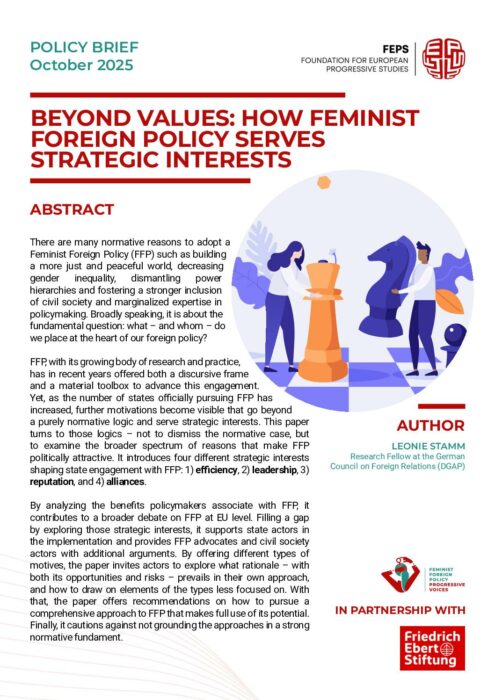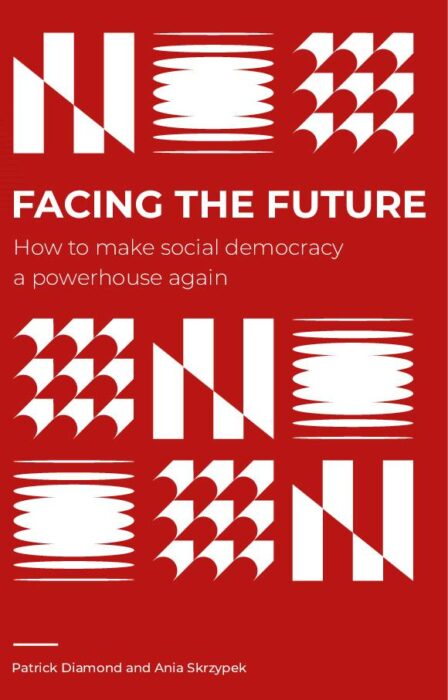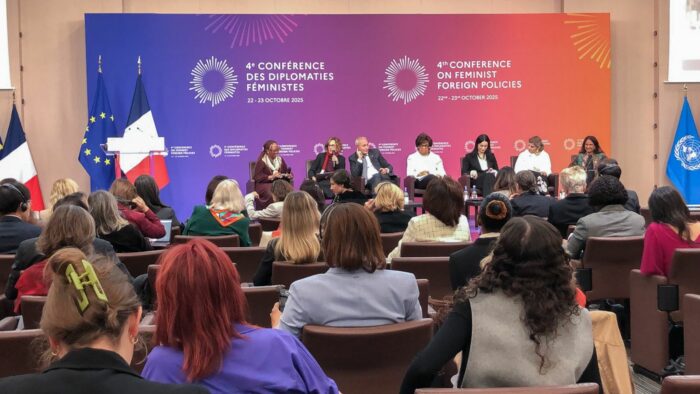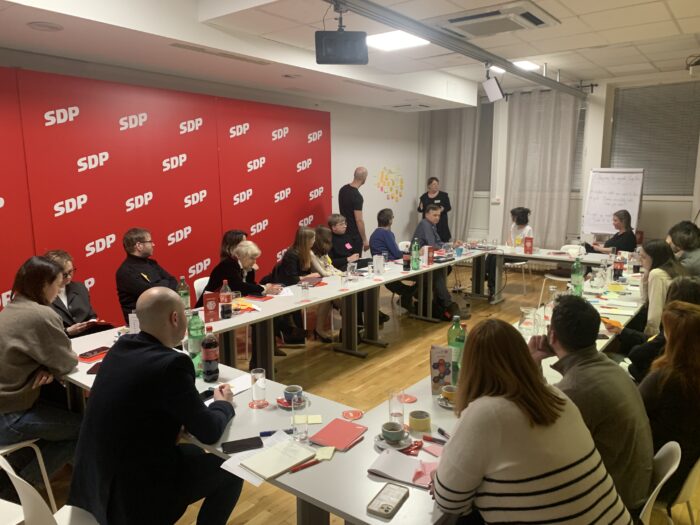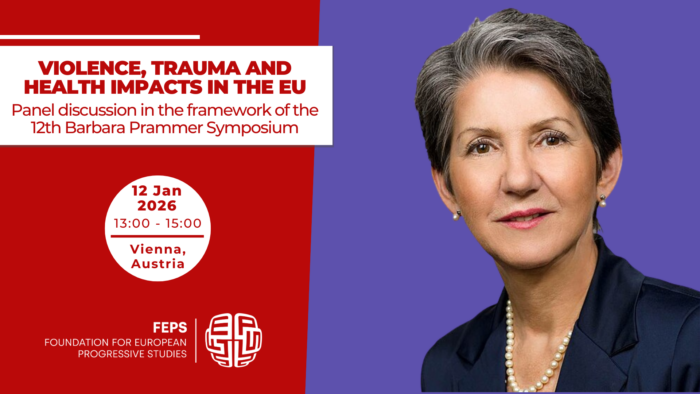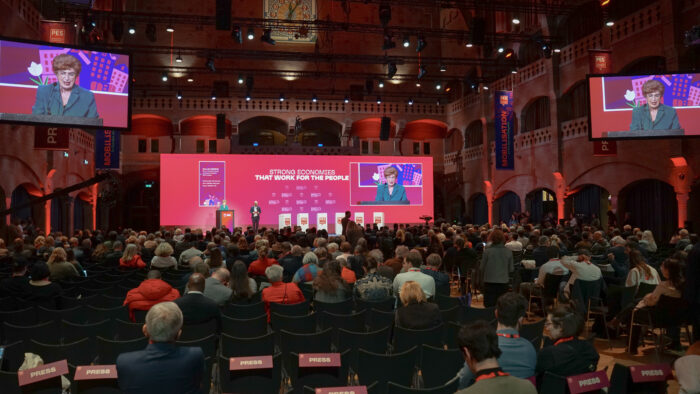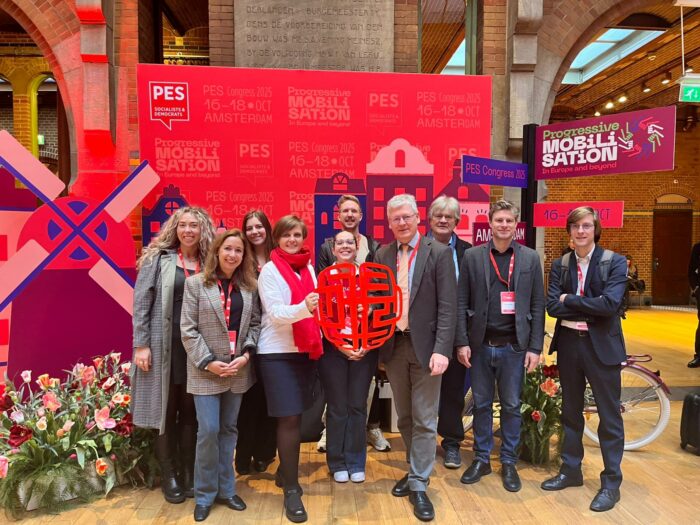Find all related publications
Publications
Find all related Progressive Post
Progressive Post
Find all related events
Events
Past
23 - 25/01/2026
Zagreb, Croatia
04/02/2026
FEPS HQ (Expert meeting)
12/01/2026
Vienna, Austria
Load more...
Find all related Audiovisual
Audiovisual

04/02/2026
23/10/2025
Find all related news
News
Find all related in the media
In the media
László Andor: «En Hongrie, malgré l’érosion de la popularité d’Orbán, la gauche peine à regagner en crédibilité»
by Le Figaro 25/08/2025
En Europe, les partis sociaux-démocrates se sont contentés d’une approche technocratique
by Le Point 04/07/2025



